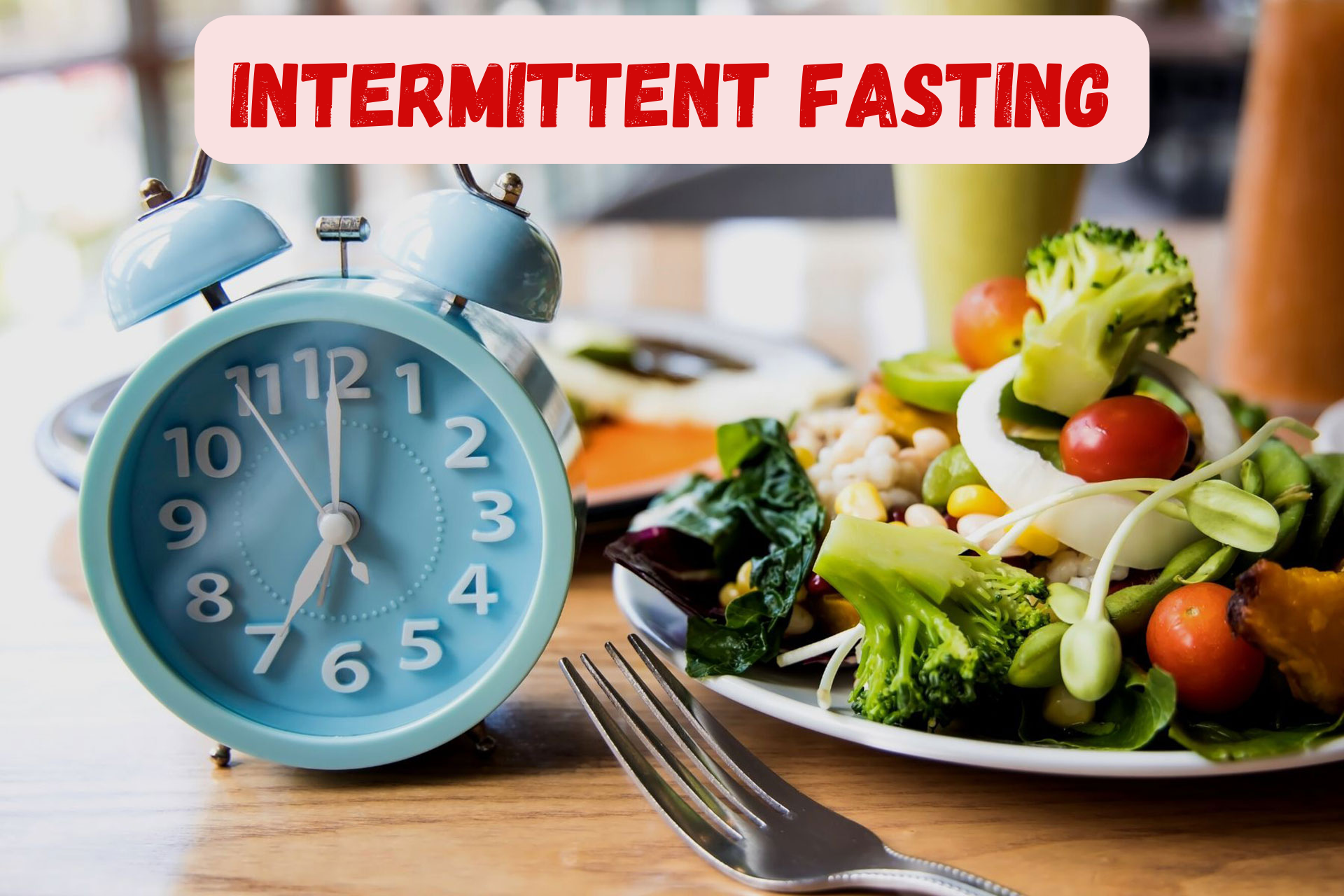Brain Fog? Lack of Energy? Intermittent Fasting Can BLAST Through These Problems in Weeks!
In today's fast-paced world feeling perpetually tired or mentally clouded is a common complaint. If you're struggling with brain fog and a lack of energy you might be searching for a sustainable solution. Enter intermittent fasting (IF) a time-honored approach that's gaining modern acclaim for its ability to revitalize mind and body alike. Here's how intermittent fasting can help you blast through fatigue and clear the cobwebs from your brain in just a few weeks.
1. Recharges Your Brain Function
Intermittent fasting does more than just help you shed pounds; it's a powerful tool for enhancing brain health. By promoting the production of brain-derived neurotrophic factor (BDNF) a protein that supports neuron growth and protection IF can significantly reduce inflammation and oxidative stress leading to improved cognitive function and clarity.
2. Boosts Your Metabolic Energy
Switching to intermittent fasting can transform your body's metabolic process teaching it to burn fat for fuel instead of relying solely on glucose. This shift not only aids in weight loss but also ensures a steady supply of energy throughout the day helping to eliminate those mid-afternoon slumps that leave you reaching for sugary snacks.
3. Enhances Cellular Repair Processes
One of the most compelling intermittent fasting benefits is its ability to trigger autophagy the body's natural mechanism for removing damaged cells and regenerating new ones. This process is crucial for maintaining healthy bodily function and can lead to increased energy levels and a more vibrant overall feeling of well-being.
4. Improves Hormonal Balance
Intermittent fasting can help balance key hormones responsible for energy and mood. By regulating insulin levels and increasing human growth hormone production IF supports efficient fat burning and muscle growth. Additionally fasting can normalize levels of leptin and ghrelin hormones that control hunger and satiety thus stabilizing energy levels and mood.
5. Promotes Better Sleep
Though it may seem counterintuitive intermittent fasting can improve sleep quality. Eating within a set window of time often leads to a more disciplined nighttime routine reducing late-night snacking and potentially disruptive blood sugar spikes. Better sleep translates to more restorative rest clearer thinking and more sustained energy throughout the day.
6. Reduces Inflammation
Chronic inflammation is a known energy thief contributing to fatigue and a host of other health issues. Intermittent fasting has been shown to lower inflammation markers in the body thereby reducing the risk of chronic disease and bolstering your energy levels.
7. Strengthens Stress Resistance
Intermittent fasting increases resilience to stress at a cellular level enhancing the body's ability to cope with stressors. This not only helps in clearing brain fog but also prevents the energy dips often associated with stressful situations making you more resilient and focused.

How long does it take for intermittent fasting to work for energy?
When embarking on an intermittent fasting journey specifically for enhancing energy levels it's crucial to manage expectations and understand the variability in results. The time it takes to notice a significant boost in energy can differ from person to person influenced by several factors. Here's a more detailed look into what can affect the timeline and what you might expect:
Individual Health Status
- Pre-existing Conditions: Individuals with metabolic issues such as insulin resistance may see quicker improvements in energy as IF helps improve insulin sensitivity.
- Baseline Metabolic Rate: A higher metabolic rate can expedite the energy boost as the body more readily switches to fat burning for fuel.
Type of Fasting Regimen
- 16/8 Method: This popular approach where you fast for 16 hours and eat within an 8-hour window might yield energy improvements within 2 to 3 weeks as the body adjusts to new eating patterns.
- One Meal a Day (OMAD): More extreme forms of IF like OMAD might take longer for the body to adapt to possibly extending the timeline to notice energy benefits.
Diet Quality During Eating Windows
- Nutrient-Dense Foods: A diet rich in vitamins minerals and antioxidants supports the body's energy production mechanisms potentially speeding up the benefits of IF.
- Processed Foods: High consumption of processed foods and sugars can dampen the positive effects of IF on energy levels delaying noticeable improvements.
Consistency and Adaptation Period
- Regular Fasting Schedule: Consistently following your fasting schedule is key. The body's adaptation to IF and shift towards more efficient energy utilization typically starts to become noticeable within the first few weeks.
- Adaptation Variances: Some individuals may experience a quicker adaptation period feeling heightened energy levels in as little as 1-2 weeks while others may need 4-6 weeks to adjust.
Lifestyle Factors
- Physical Activity: Engaging in regular exercise can enhance the energy-boosting effects of IF by improving mitochondrial health and efficiency.
- Sleep Quality: Adequate rest is essential for the body to repair and recover influencing how quickly one might experience increased energy from IF.
Psychological Well-being
- Stress Levels: High stress can interfere with the body's ability to benefit from IF. Managing stress through mindfulness yoga or other practices can help enhance IF's energy-boosting effects.
- Mindset and Expectations: A positive outlook and realistic expectations can also influence the perceived improvement in energy levels as you align your lifestyle with intermittent fasting principles.
Hydration and Electrolyte Balance
- Adequate Hydration: Staying well-hydrated is crucial during fasting periods to maintain energy levels and support metabolic processes.
- Electrolyte Intake: Ensuring a proper balance of electrolytes through diet or supplementation can prevent dips in energy associated with fasting.
Listening to Your Body
- Personal Adjustments: Paying attention to how your body responds to IF and being willing to adjust your fasting schedule or eating habits is vital for maximizing energy benefits.
Conclusion
Intermittent fasting offers a holistic approach to tackling brain fog and fatigue with the potential to see significant improvements in just a few weeks. By enhancing brain function boosting metabolic energy facilitating cellular repair and improving hormonal balance sleep and stress resistance IF can help you reclaim your energy and mental clarity.
Embarking on an intermittent fasting journey can be a transformative experience but it's crucial to approach it with mindfulness and flexibility. Listening to your body and adjusting your fasting plan to suit your unique needs will ensure not only success but also a healthier more vibrant life. So are you ready to blast through fatigue and clear the cobwebs from your mind? Intermittent fasting could be the key you've been searching for.






